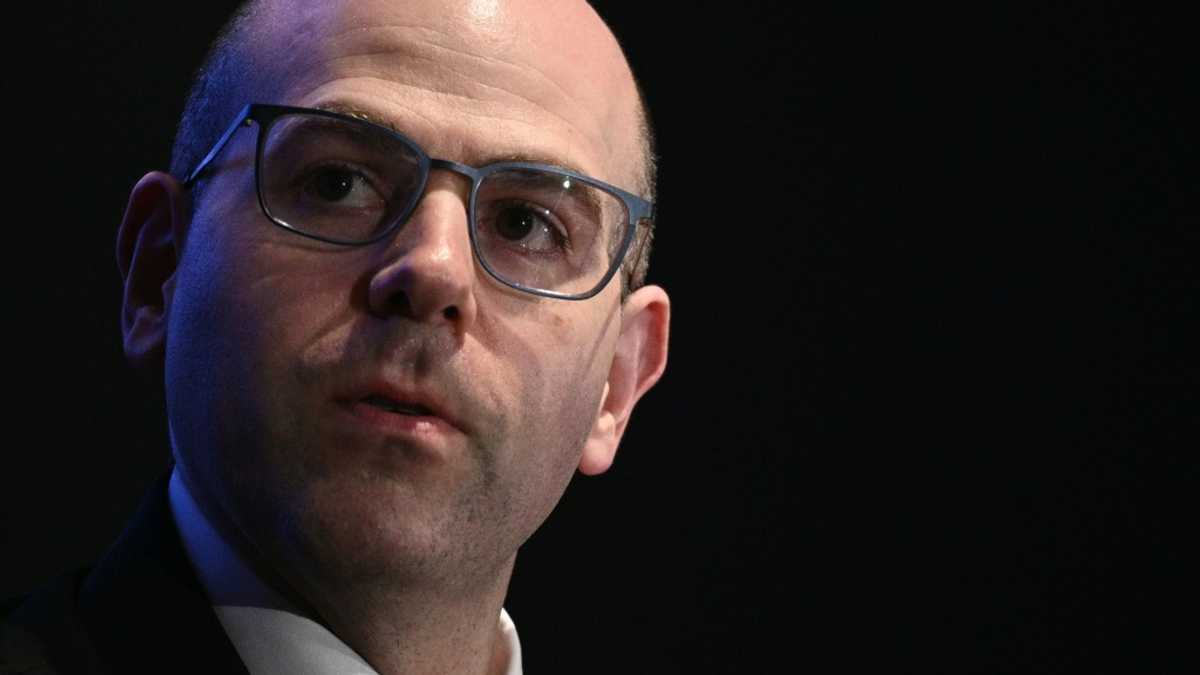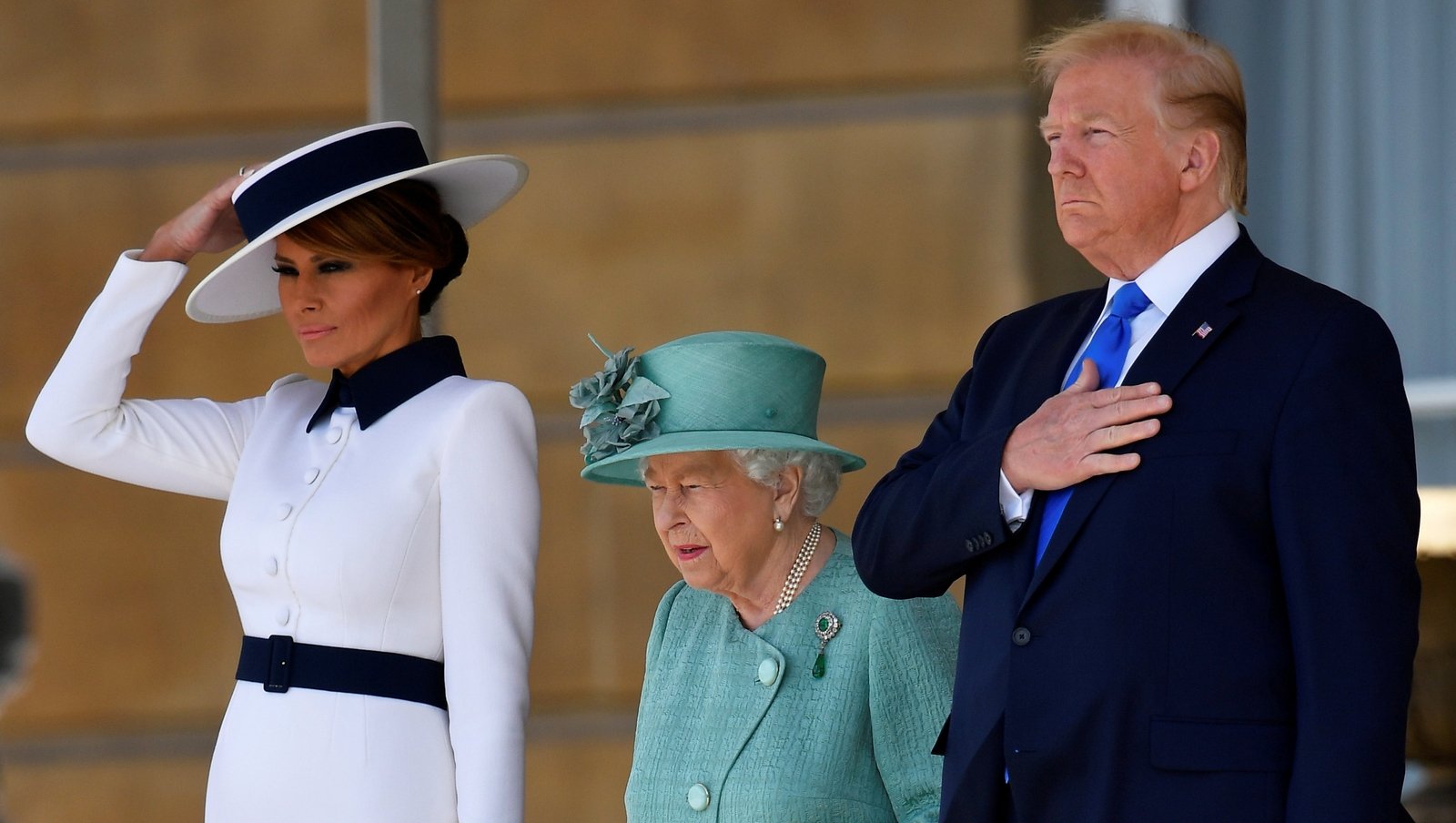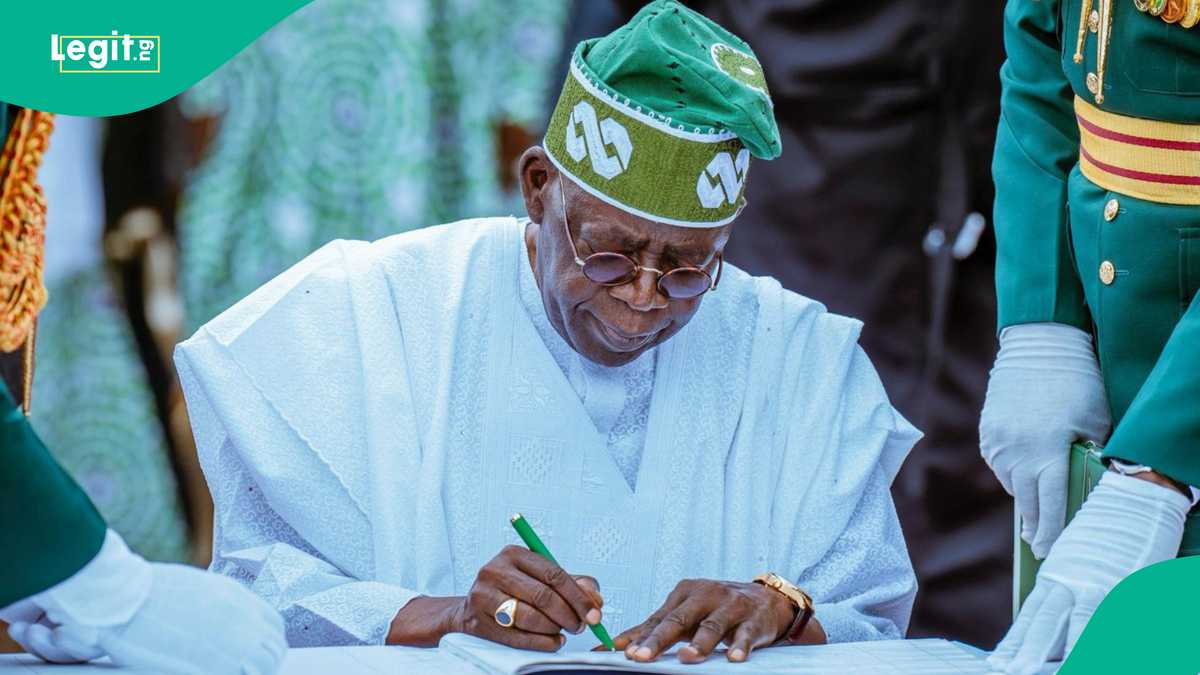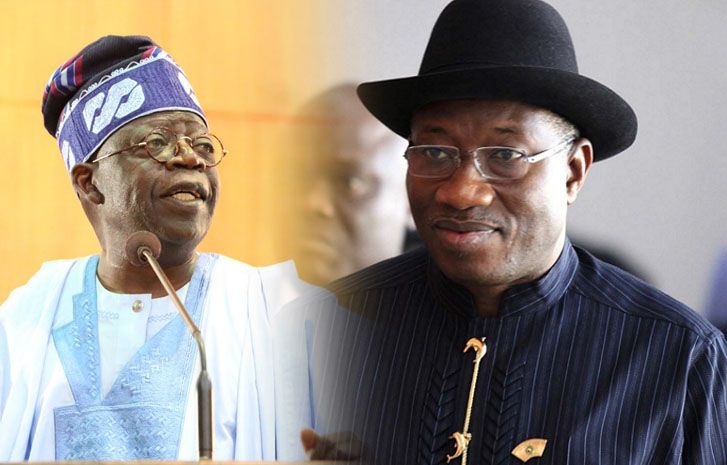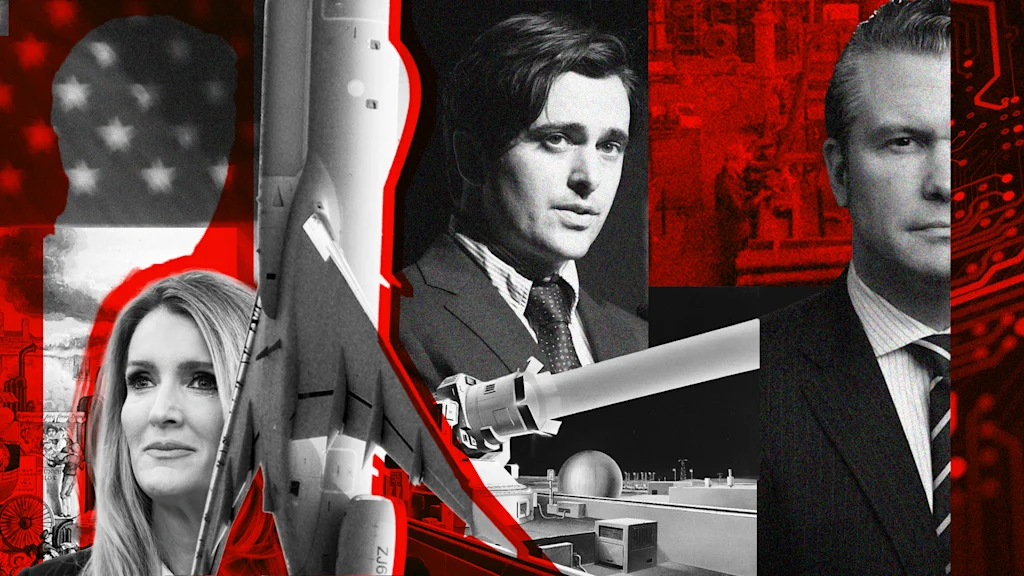
The 37-year-old was there on behalf of the New American Industrial Alliance (NAIA), a trade and lobbying organization he co-founded last year. Bishop was joined by Kevin Czinger, founder of Divergent, which develops AI-powered engineering software along with related 3D printing and adaptive manufacturing hardware; and Chris Power, Bishop’s NAIA co-founder as well as the CEO of Hadrian, yet another advanced manufacturing startup, seeking to accelerate production, particularly in the defense and aerospace industries. (The company recently received $260 million from investors to build facilities for the defense industry.)
“We wanted to have a non-partisan, but very commercially credible voice in DC for these issues, for fighting for good tech, for blue-collar jobs,” Bishop tells Inc.
All three men are proponents of a budding reindustrialization movement in the U.S., which seeks to grow support for high-tech manufacturing and a “deep tech” revolution across the American heartland. It’s a movement that “brings together academics… state, local, and federal politics,” he says. “It brings together tech, but with old industries, like Honeywell, Siemens, and Ford in the same place as Anduril.”
Bishop spoke to the committee about the anxieties of working-class Americans that have been building up over decades of outsourcing. The United States economy was too vulnerable to global supply chains, he said, and the offshoring of the country’s manufacturing base had left its people with little confidence in the economic system.
“We socialized the costs and privatized the gains, and ensured cities were reduced to rusty shells of their former selves while the S&P 500 made record highs,” he told the committee. “The United States economy,” he continued, “was left too vulnerable to the whims of its greatest rival, the People’s Republic of China, when it came to essential minerals, semiconductors, and pharmaceuticals.”
